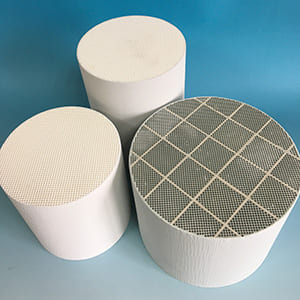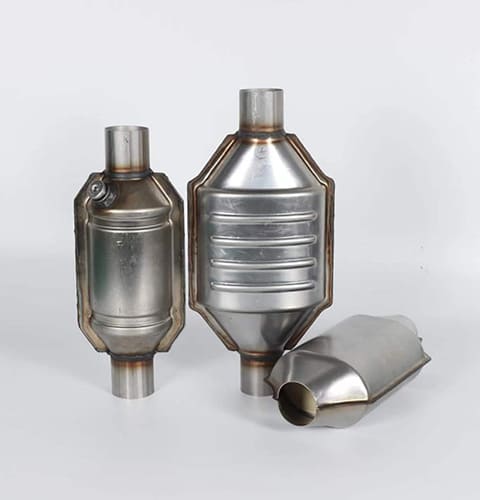Have you ever pondered the real cost of a product beyond its price tag? In the bustling world of automotive parts, understanding a component’s impact from cradle to grave is vital. But what about catalytic converters? How can businesses make informed decisions about these essential devices?
Lifecycle assessments (LCAs) offer a deep dive into the environmental impacts of products, and for businesses, they provide insights into the long-term implications of their choices. When it comes to catalytic converters, these assessments are paramount in understanding their full spectrum of influence, from production to disposal.
For businesses, this isn’t just about environmental responsibility. It’s about making informed purchasing decisions, ensuring compliance, and optimizing supply chains. Dive in as we explore the significance of LCAs for catalytic converters in a B2B context.
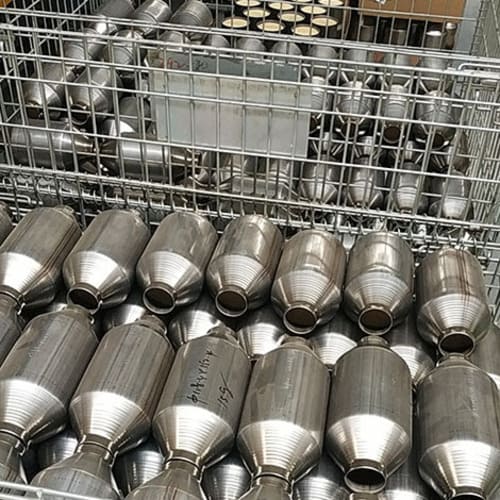
Why are LCAs Essential for B2B Decisions Regarding Catalytic Converters?
Environmental Impact: At the heart of an LCA is the evaluation of the environmental repercussions of a product. For catalytic converters, this entails looking at the materials used, the manufacturing process, transportation, usage, and eventual disposal or recycling.
Regulatory Compliance: As environmental regulations tighten globally, businesses need to ensure their components, including catalytic converters, adhere to these standards. LCAs provide a roadmap to compliance, highlighting areas of concern.
Cost Implications: While initial costs might be a primary concern for businesses, understanding the full lifecycle costs – including potential penalties for non-compliance or inefficiencies – can lead to long-term savings.
How Do LCAs Influence Production Choices?
When manufacturers comprehend the full environmental footprint of their catalytic converters, they can make more sustainable choices. This might involve opting for materials that are more sustainable or adjusting manufacturing processes to reduce waste or energy use.
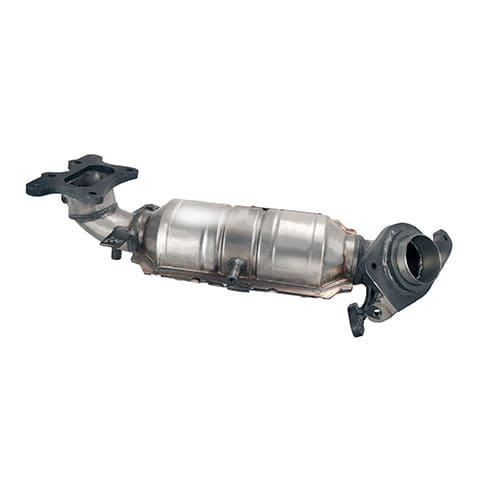
What About the Usage Phase of Catalytic Converters?
Arguably, the most extended phase in the lifecycle of a catalytic converter is its usage. Here, LCAs can evaluate fuel efficiency improvements, potential reductions in greenhouse gas emissions, and the longevity of the converter itself. A longer-lasting converter can significantly reduce lifecycle environmental impacts simply by reducing the frequency of replacements.
How Do LCAs Impact Disposal and Recycling Decisions?
End-of-life decisions for catalytic converters are crucial. LCAs can provide insights into the most environmentally-friendly disposal methods or highlight the benefits of recycling components. For B2B, this can also translate into cost savings, particularly if precious metals can be reclaimed and reused.
Are There Limitations to LCAs?
While LCAs provide a comprehensive overview, they are not without limitations. The data used can sometimes be generic rather than specific to a particular brand or model of catalytic converter. Moreover, as technology and processes evolve, LCAs need regular updates to remain relevant.
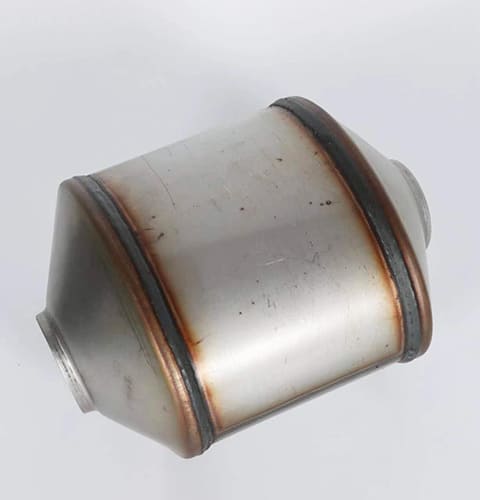
Conclusion
For businesses in the B2B sector dealing with catalytic converters, understanding the full lifecycle of the product isn’t just good for the environment; it’s good for the bottom line. Lifecycle assessments offer invaluable insights that can guide purchasing decisions, influence production methods, and optimize end-of-life processes. By harnessing the power of LCAs, businesses can ensure they’re making choices that are sustainable both environmentally and economically.

